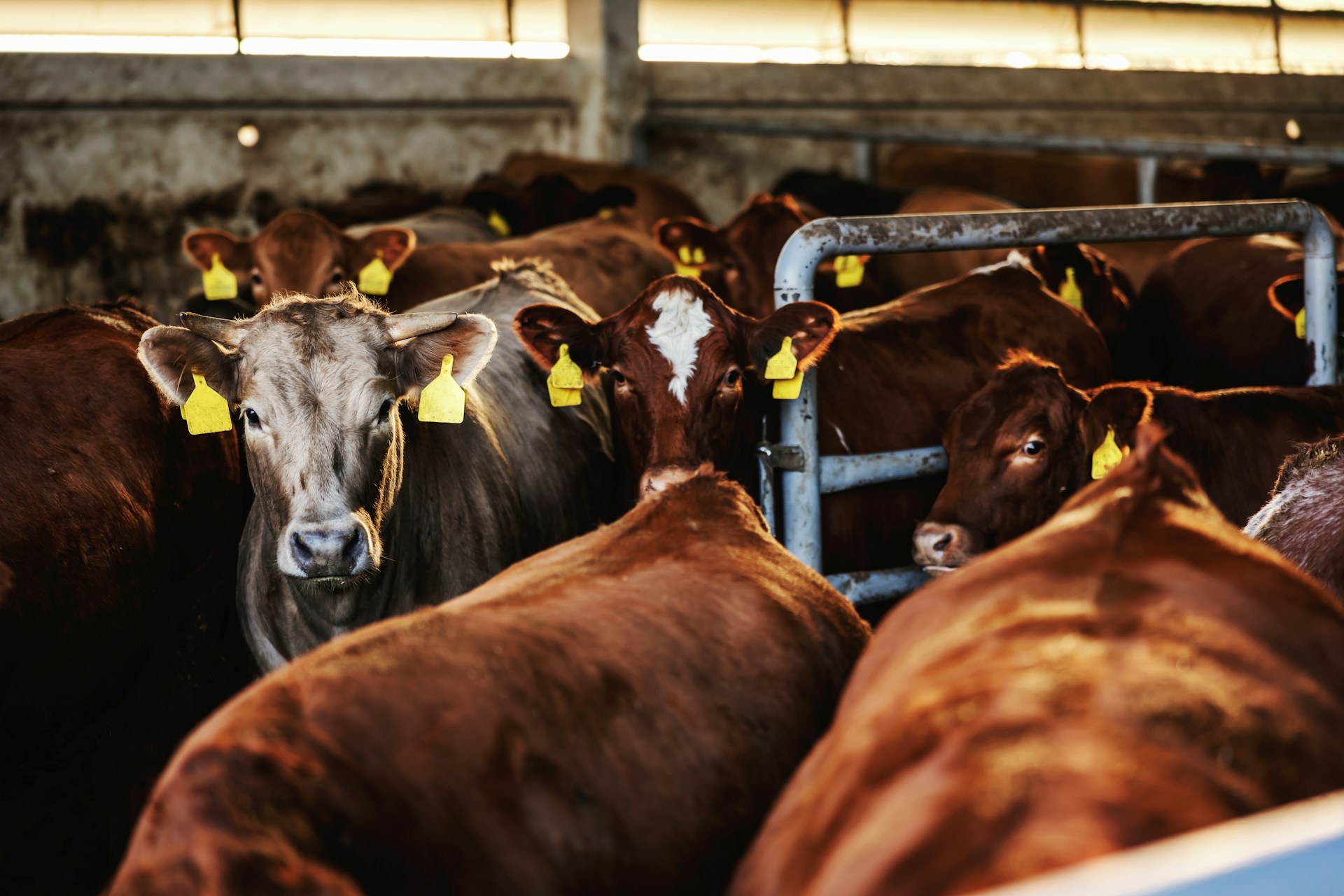Animal Welfare Alarm Sounded as Cattle Struggle in Red Sea Chaos

A vessel transporting cattle from Australia, initially bound for the Middle East, has reportedly rerouted towards Africa. This shift signals a potential trend of extended voyages for animal-carrying ships, influenced by the increasing tensions in the Red Sea area.
Named the Bahijah, the ship departed from Western Australia's Fremantle port on January 5, setting sail for Aqaba, Jordan. Recent information from Bloomberg's shipping data indicates that on Tuesday, the vessel altered its course, heading instead to East London, South Africa. This diversion raises questions about the welfare of the animals on board, particularly if it results in a longer journey. Moreover, it highlights how the Red Sea conflict can disrupt essential supply chains, including those for food.
The ongoing conflict in the Red Sea, exacerbated by the war that began in October between Israel and Hamas, has seen Iran-supported Houthis targeting ships, causing significant disruptions in the transport of essential commodities like oil and agricultural products. In response, the United States has intensified its military actions against Yemen's Houthis, aiming to mitigate their impact on global shipping routes.
The Australian government has acknowledged the Bahijah's diversion, attributing it to the escalating security risks in the Red Sea region. Currently, there have been no reports of major welfare issues for the cattle on board.
Fremantle port, primarily a hub for exporting livestock, mainly sheep, plays a significant role in supplying live animals to Jordan, especially in preparation for Ramadan, which begins in March this year.
The practice of importing live animals, as opposed to processed meat, is prevalent in some Middle Eastern countries to ensure adherence to religious slaughter customs. This practice, however, has sparked debates over animal health and safety during transport, leading nations like Australia to consider reducing these exports.
Suzanne Fowler, the chief science officer at the Royal Society for the Prevention of Cruelty to Animals Australia, commented on the situation, stating, “This redirection will likely prolong an already long and arduous journey.” She advocated for a halt in live animal exports to areas currently affected by conflict.
Fowler also pointed out that delays in transportation could lead to shortages of essential resources like food, bedding, and medication on board, thereby elevating stress levels in animals.
Mark Harvey-Sutton, the chief executive officer of the Australian Livestock Exporters’ Council, emphasized the measures in place for animal safety on such voyages. "All Australian livestock consignments have reserve fodder on board as well as Australian Government accredited veterinarians and stock hands that are responsible for constantly monitoring the welfare of animals on board," he stated, highlighting the ongoing efforts to ensure the well-being of the animals during transport.
The Fremantle port has chosen not to issue a statement on this matter.
According to the ship database Equasis, the Bahijah is owned by Bassem Dabbah Shipping Inc. and managed by Croatia's Korkyra Shipping Ltd. The ship, part of Korkyra’s fleet as listed on their website, boasts a capacity to carry around 8,000 cattle or sheep. Attempts to contact Korkyra for further comments have not received immediate responses.